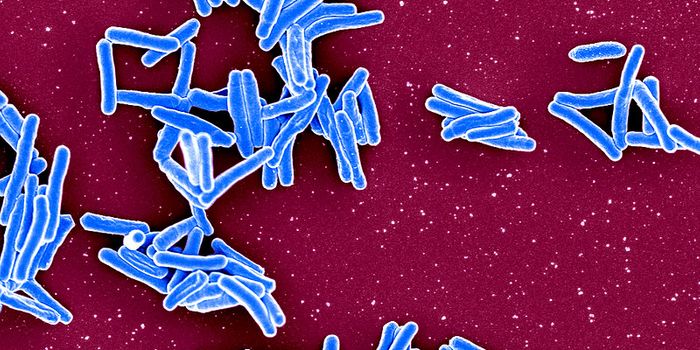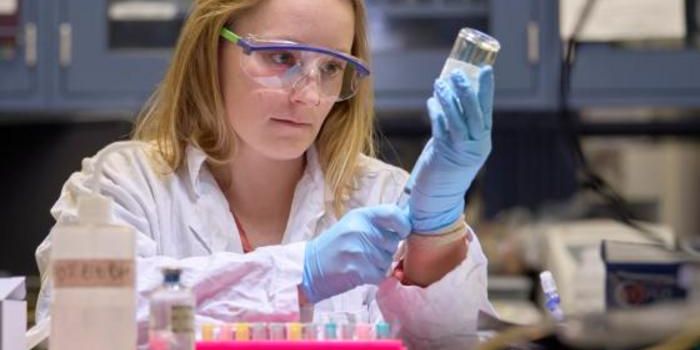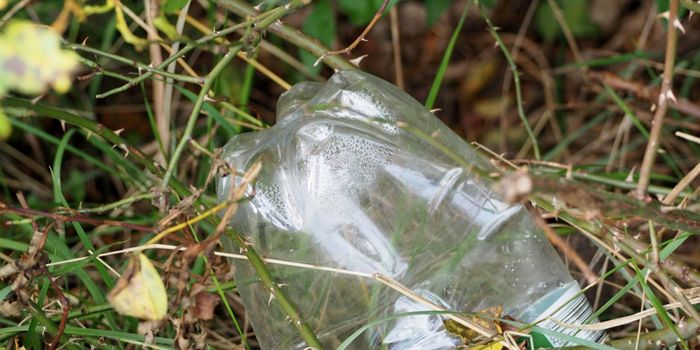Humans and Our Gut Microbes Evolved Together
We each carry thousands of different species of microorganisms in our gastrointestinal tracts, and that gut microbiome has a powerful influence on various aspects of our health. Scientists have been learning more about what a healthy gut microbiome is composed of, and research has shown that the composition of the gut microbiome can vary significantly from one person to another, even when people are closely related. While some microbial species are commonly found in most people around the world, there is huge genetic variation among the microbes of those species, and very little is known about how these microbial species arose.
New work has sought to investigate the evolution of strain-level differences among gut microbes, and where human gut microbes came from. This research has shown that dozens of species of gut bacteria have evolved along with humans as we moved around Africa and spread throughout the world. For thousands of generations, bacterial symbionts have remained closely aligned with the people they evolved with; some microbes have taken on characteristics that have made them dependent on people, creating symbiotic relationships. The findings have been reported in Science.
This study was based on data collected from 1,225 individuals from across Africa, Asia and Europe. Phylogenetic trees were constructed to illustrate the evolution of people and 59 species of gut microbes that are found in the human gut. The evolution of over 60 percent of the species the researchers assessed matched up with that of humans, suggesting that human gut microbes have been co-evolving and diversifying with humans over about 100,000 years as people migrated around the globe.
"We didn't know that any of our gut microbes followed our evolutionary history this closely," said senior study author Ruth Ley, head of the department for Microbiome Science at the Max Planck Institute for Biology, Tübingen. "It is also remarkable that the strains that followed our history most closely are now those who rely most on the gut environment."
The researchers found that some gut microbes are so dependent on the unique environment of the human gut, they have shed genes from their genome, and are now very sensitive to changes in temperature or oxygen levels; they would have a difficult time surviving outside of the human gut. Other microbes have not evolved with humans as closely, and the microbes that have weaker associations with human evolution are also more similar to free floating bacteria found in nature.
"Some of the gut microbes behave like they are part of the human genome," noted first study author Taichi Suzuki. These microbes exist on a kind of continuum, ranging from free-living to dependent on the human body. "We have seen that some human gut bacteria are further along the gradient towards irreversible host dependence than previously thought."
"This fundamentally changes how we view the human gut microbiome," noted Ley.
Sources: Max Planck Institute for Biology in Tübingen, Science









